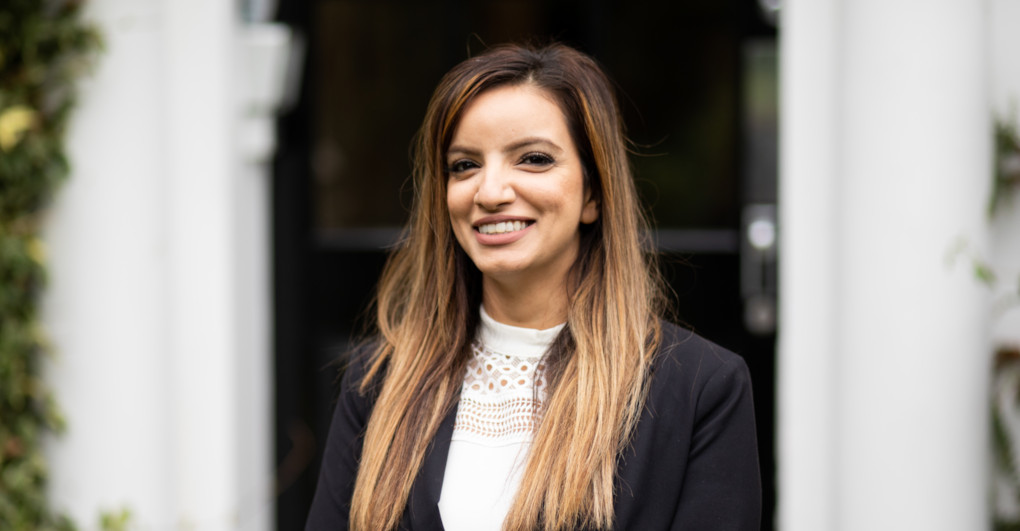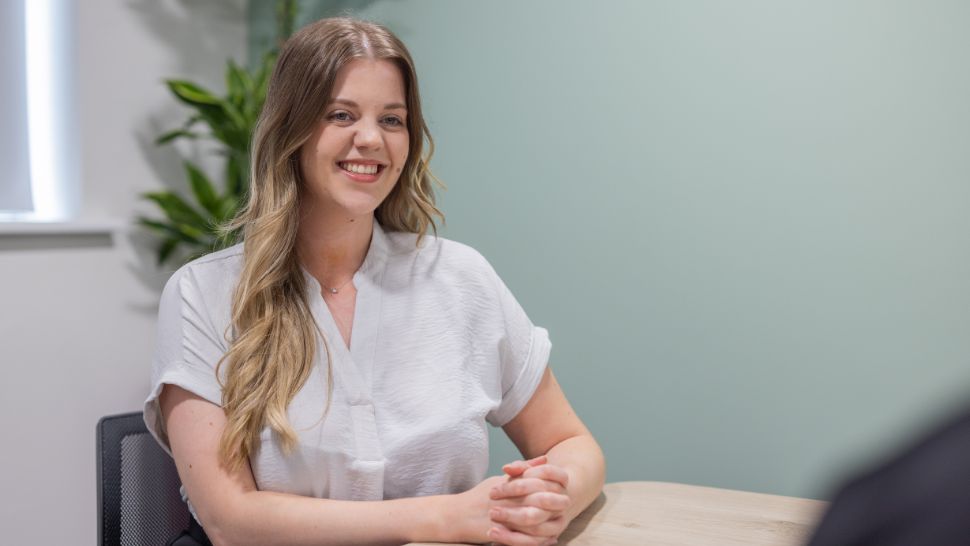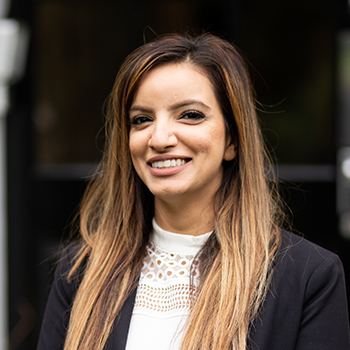This month we shine a spotlight on Fahmidah Ali, Associate at Medical Accident Group.
What type of legal advice do you provide?
I specialise in providing legal advice to people who have concerns over negligent medical treatment and have suffered an injury through no fault of their own. My role is guiding my clients through the legal process seeking compensation that can help them rebuild their lives. I also provide my clients with support, through this difficult and distressing time, as people often have suffered life-changing injuries or are struggling with the grief of losing a loved one.
Why did you choose your specialism?
My career started with a focus on personal injury claims and I really enjoyed helping people. I then expanded into dental and clinical negligence claims and I became increasingly interested in the dental and medical knowledge I had gained. I find it really rewarding knowing that I am able to offer advice that helps people who are in a vulnerable position and generally during a low point in their lives.
What makes Medical Accident Group different to other clinical negligence law firms?
We have a team that understands the importance of offering legal advice but equally a personal service to our clients. Our key focus is to ensure our clients have an overall positive experience going through the legal process, which generally is stressful. We have a range of specialisms which allow us to offer advice on even the most complex clinical negligence claims.
What is your most memorable outcome for a client? And Why?
Following my client undergoing an unnecessary procedure, we achieved a six-figure settlement. She had initially contacted me because she felt that there had been a delay in the diagnosis of cancer, but this was not supported by expert evidence. Our expert did recognise that she had undergone an unnecessary procedure, and she was completely unaware of this. She was a very selfless lady who had dedicated her whole life to raising her son, who was born with severe disabilities. As a result of the unnecessary procedure, she had limitations in physically being able to look after him which was becoming worse as she was getting older. She would often express her deepest worries of not knowing how long she would be able to continue to look after her son and how distressing this was for her. The six-figure settlement exceeded her expectations and she felt it was ‘life-changing’ as it allowed her to put measures in place for the future for both herself and her son.
What is your one tip to someone who may have suffered medical negligence?
My advice would be to keep a record of the key events, to capture the symptoms and medical advice given as and when it happens. If you have been assured but there is no improvement in there symptoms then to continue to reach out for further medical advice. Do not be afraid to ask questions, if you are unsure about the advice you have been given.





